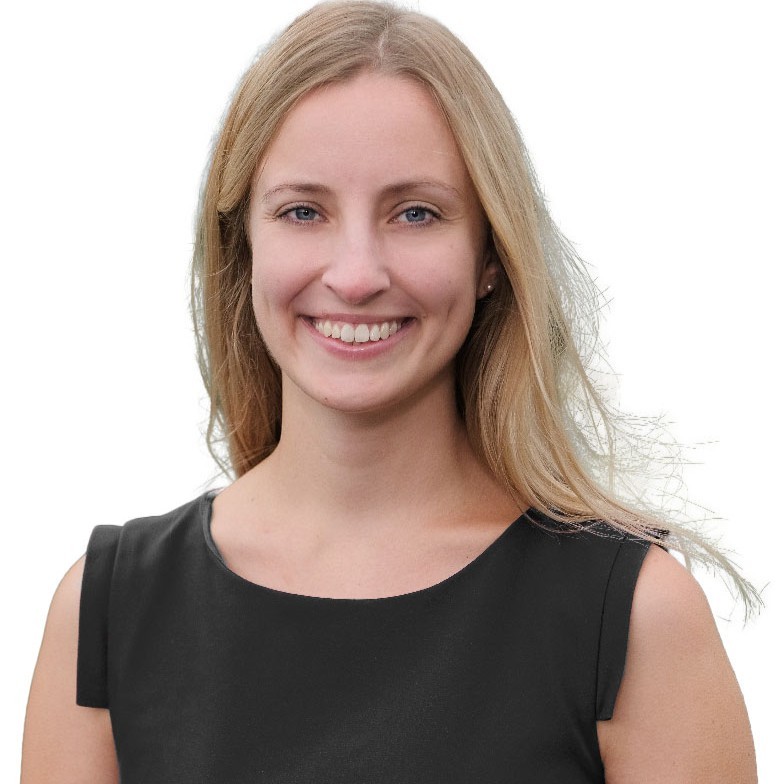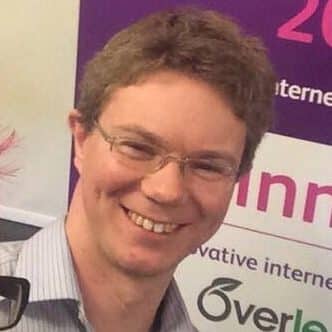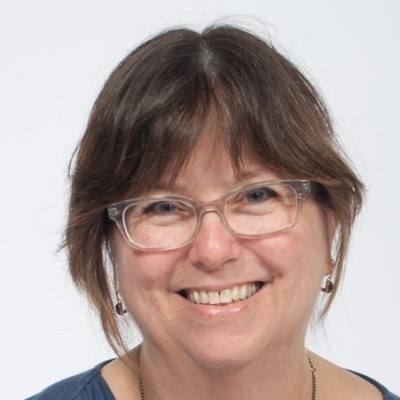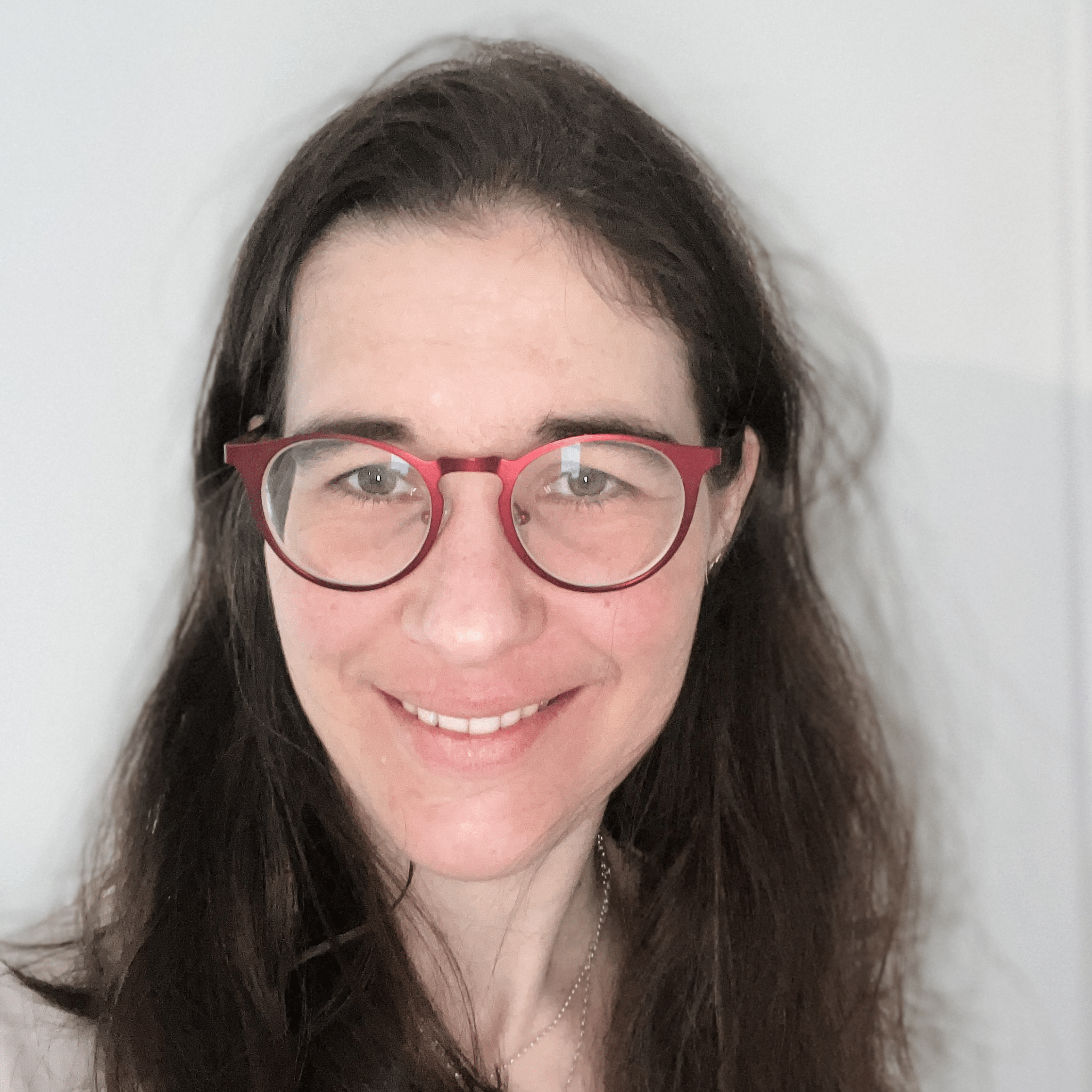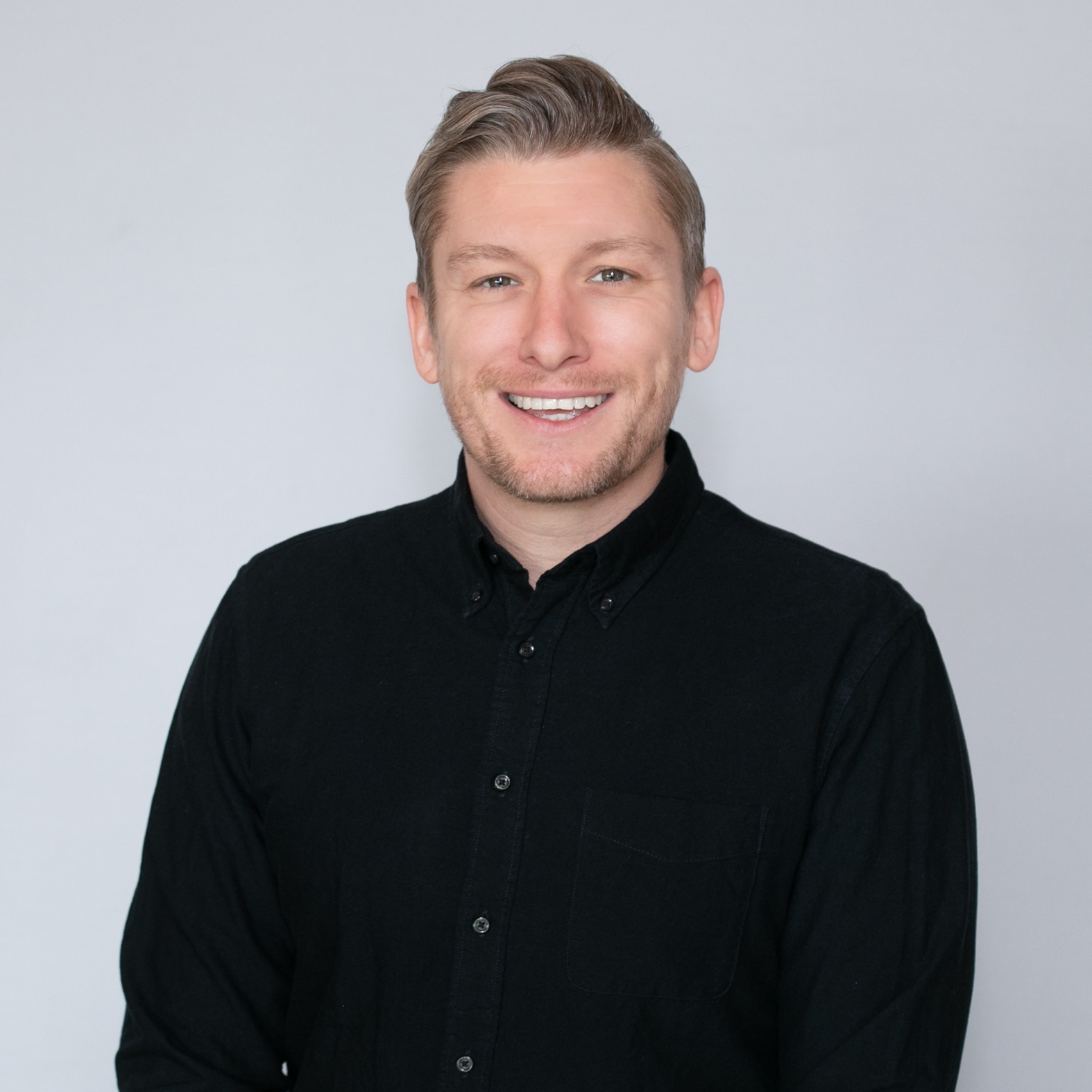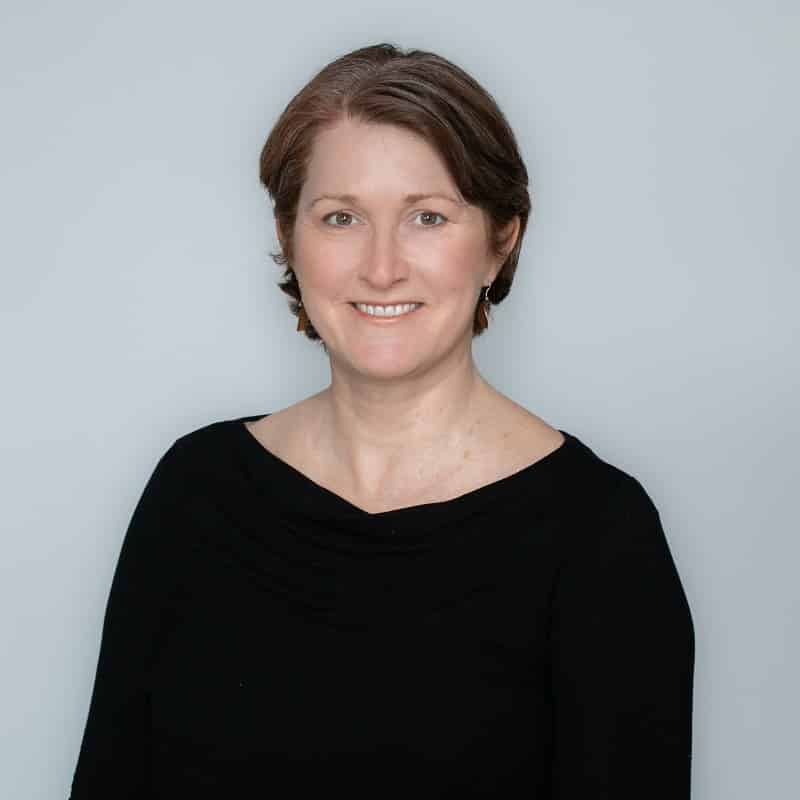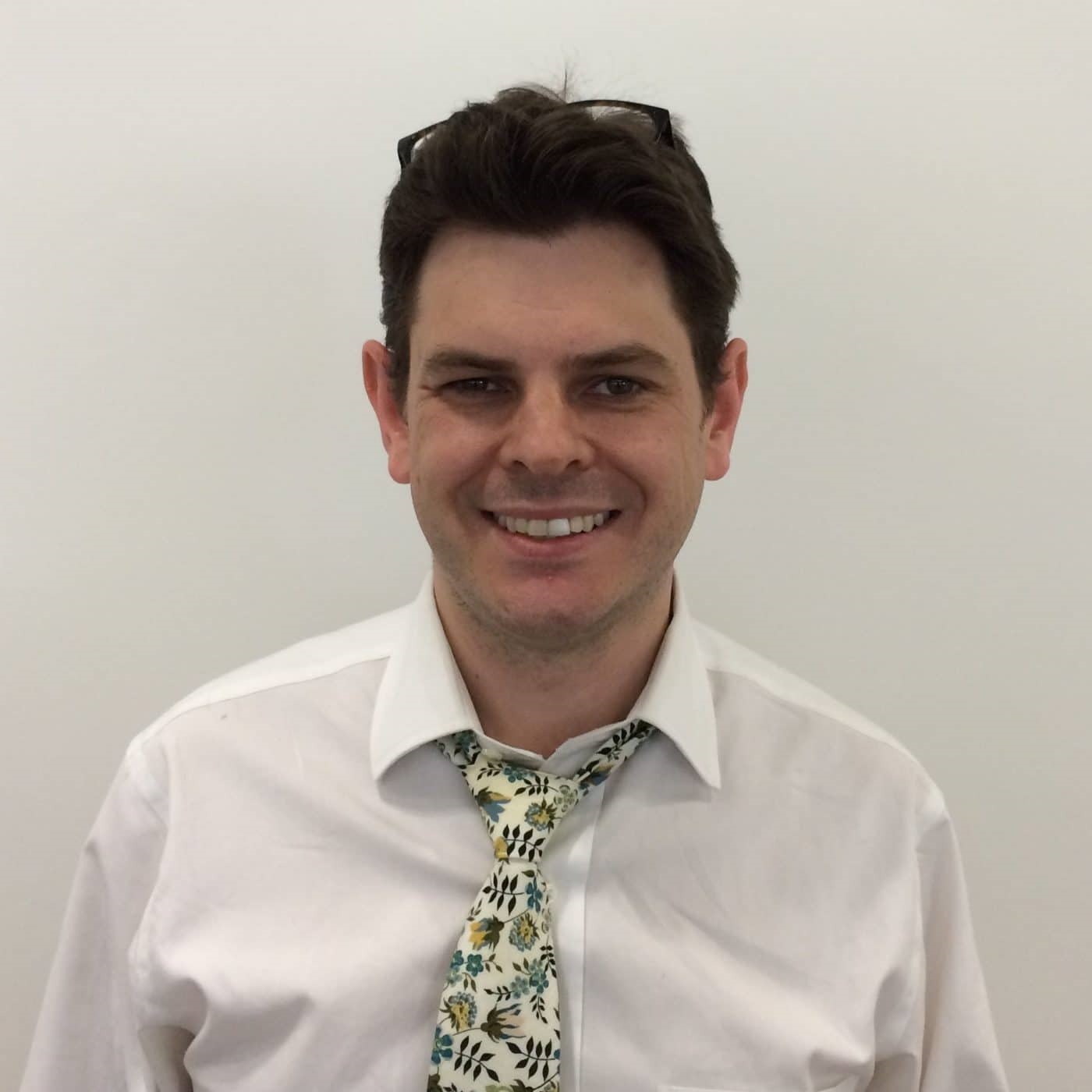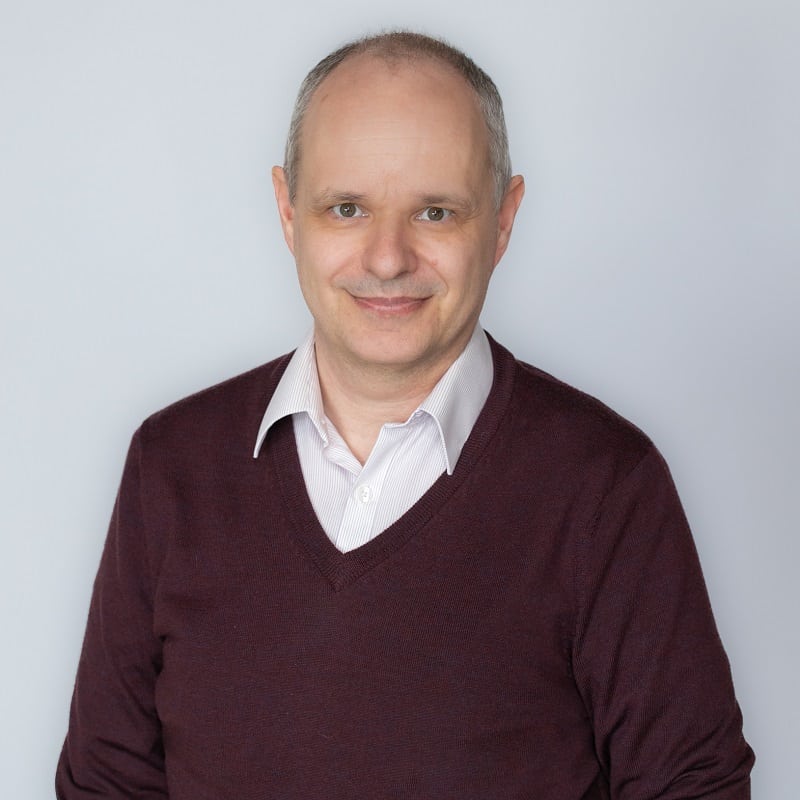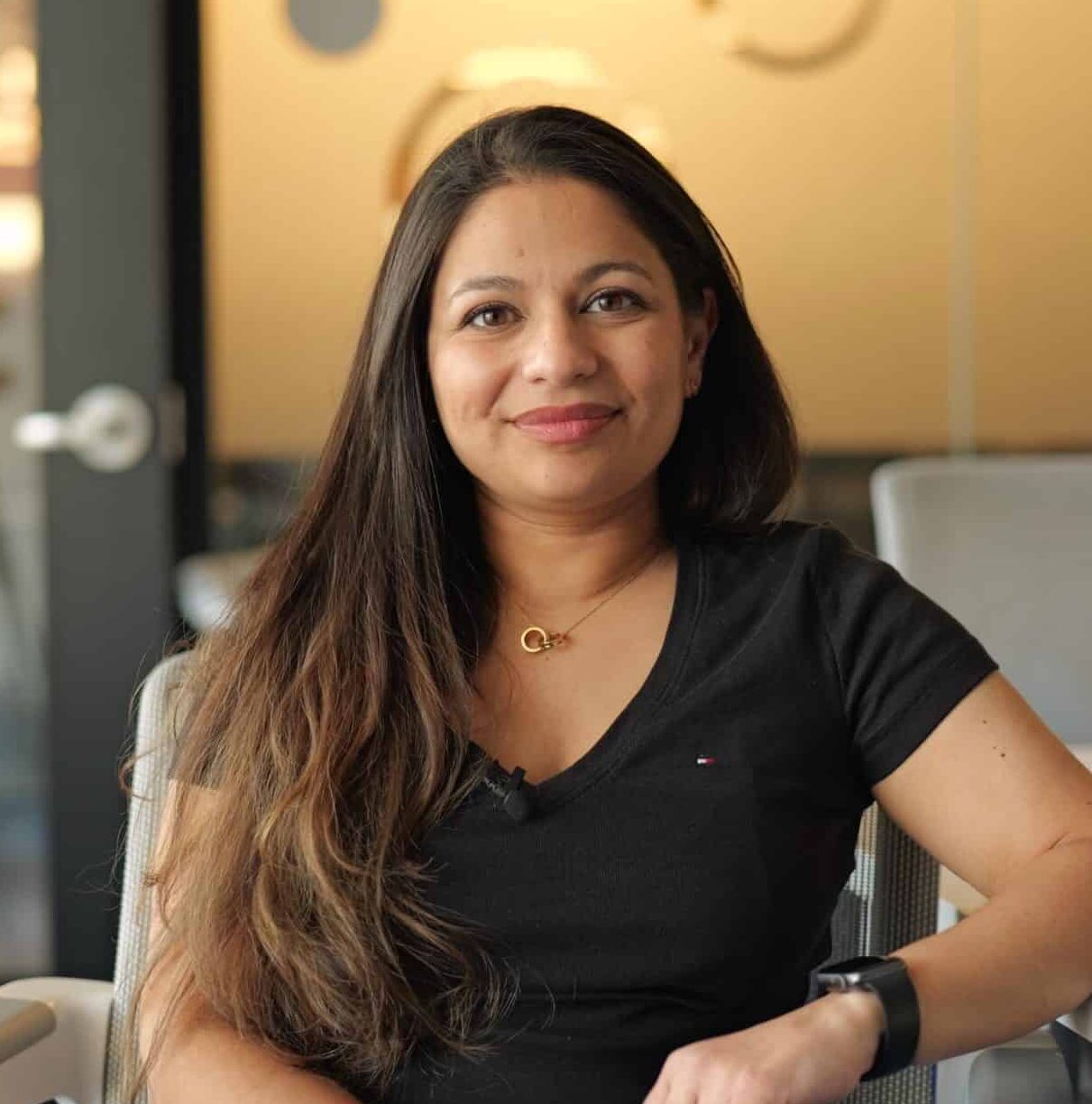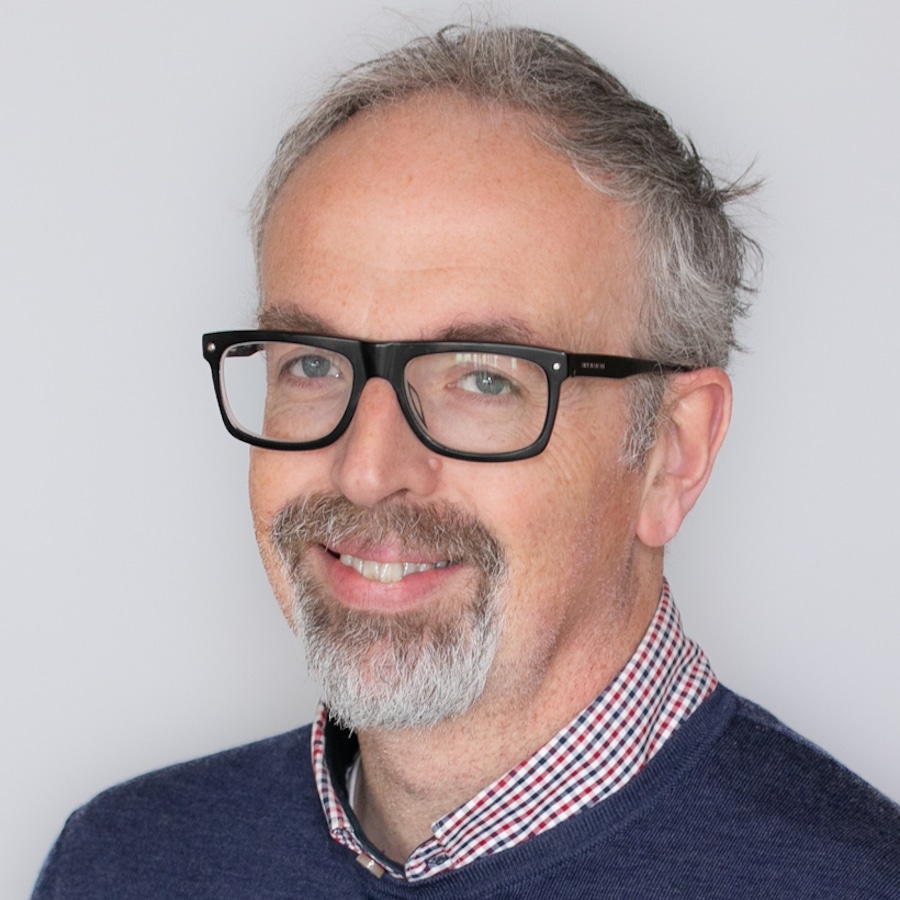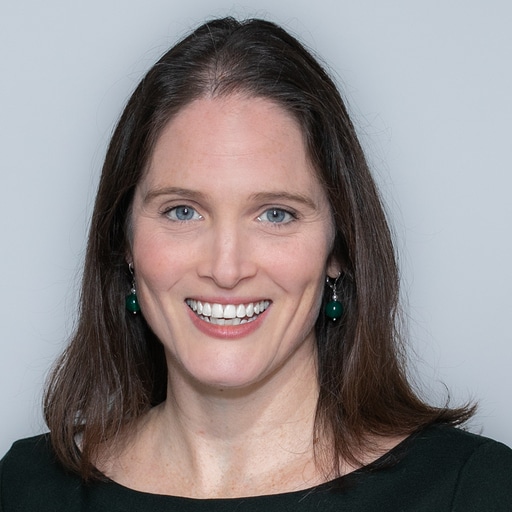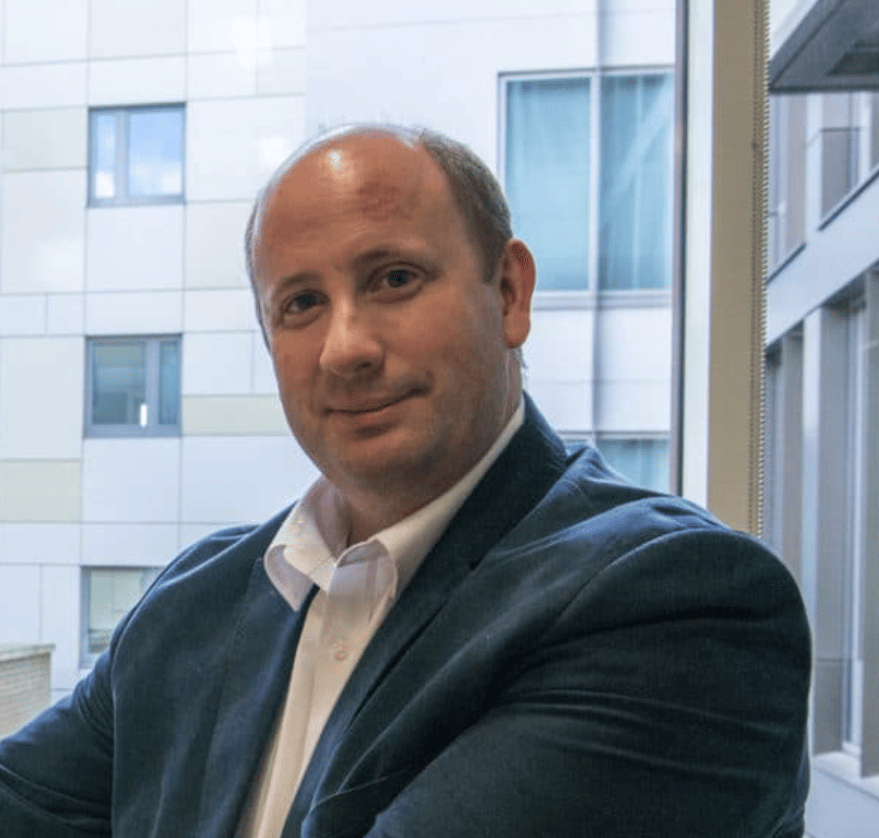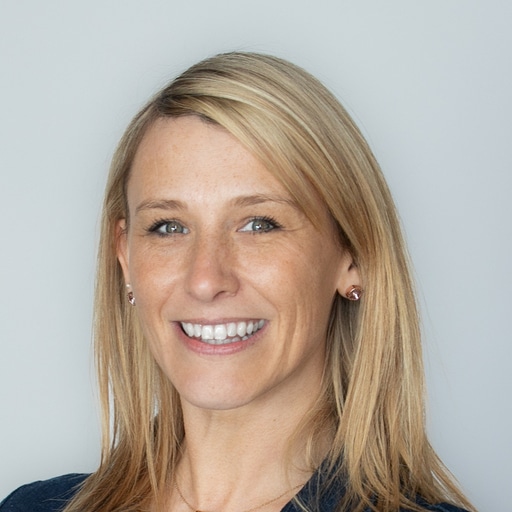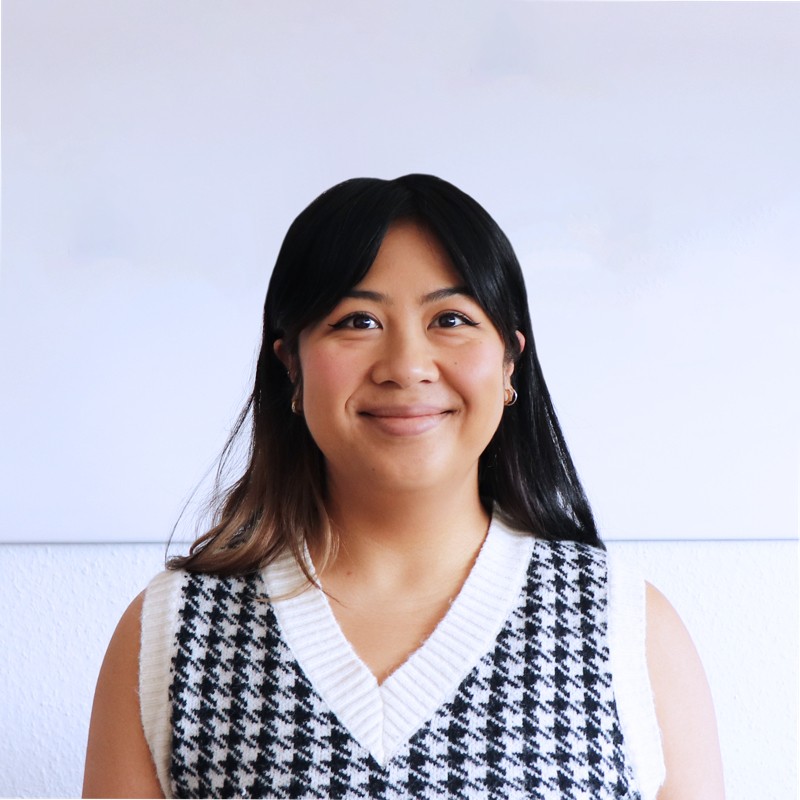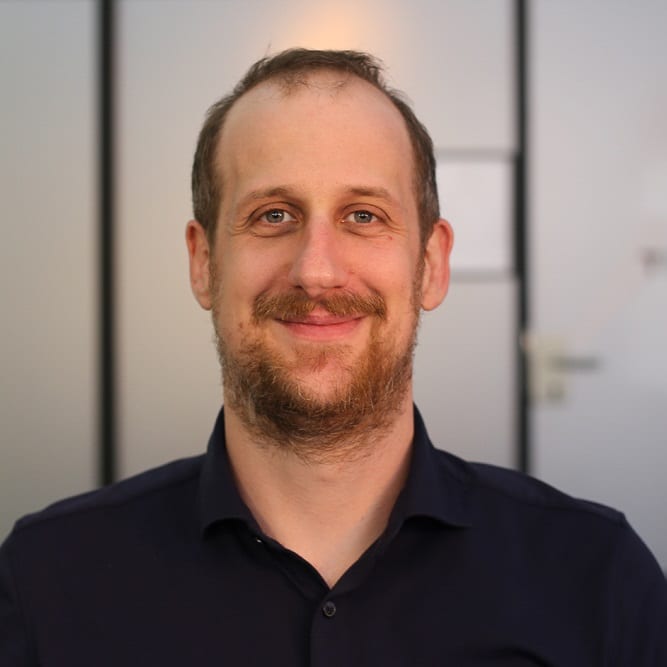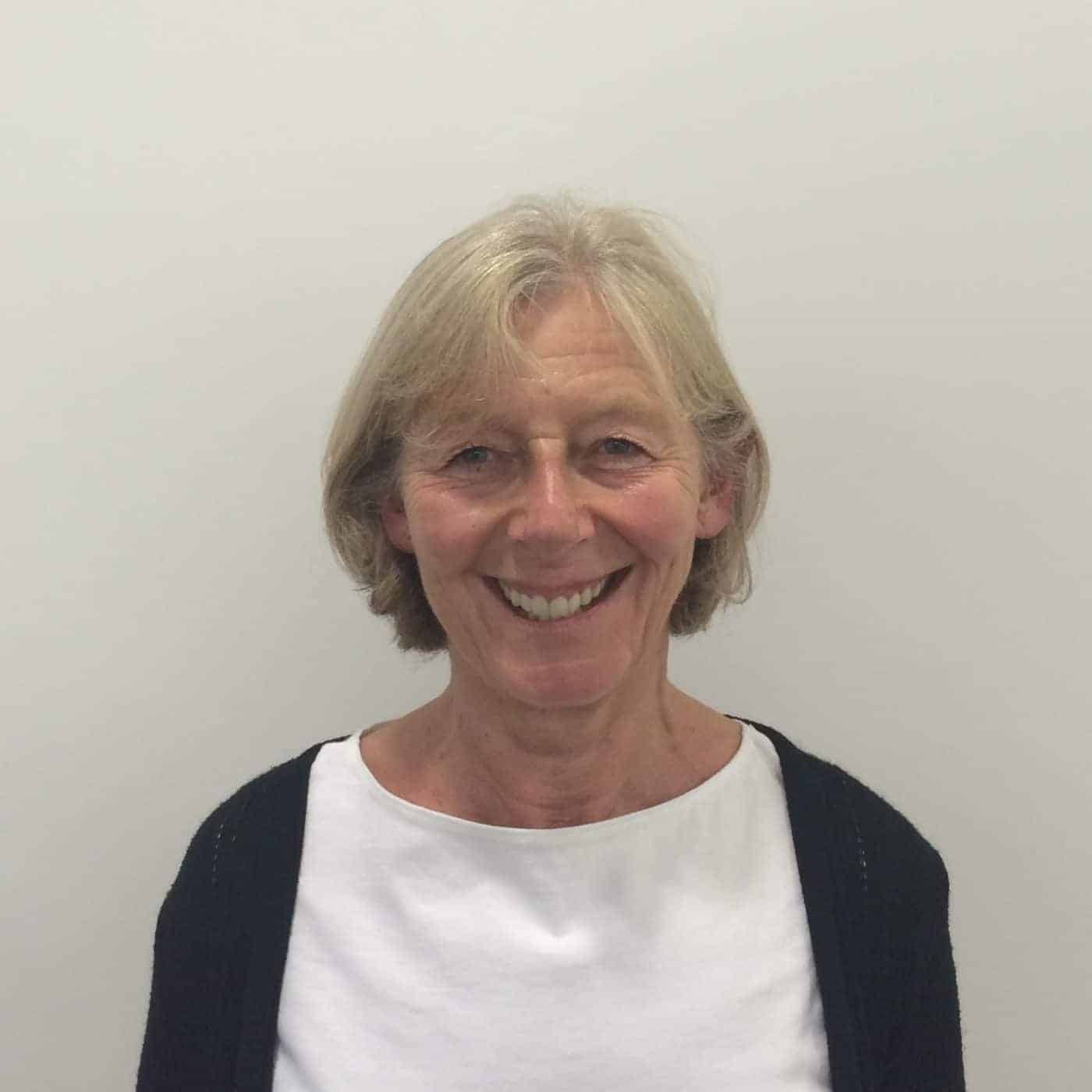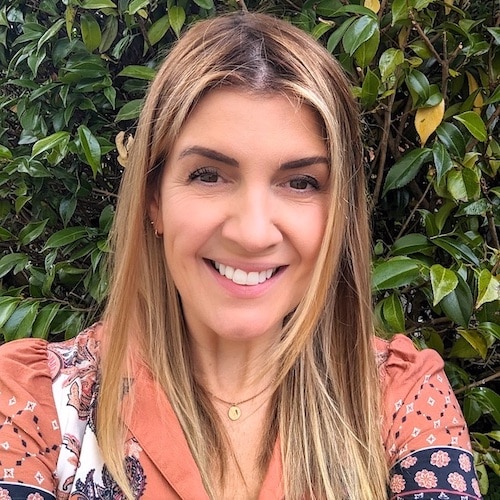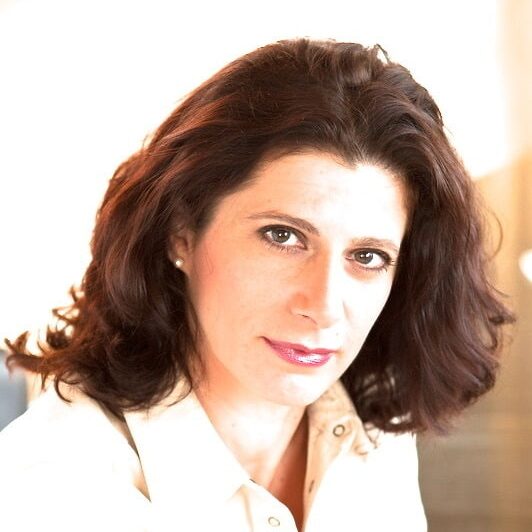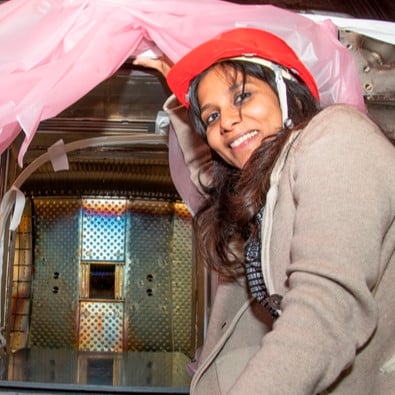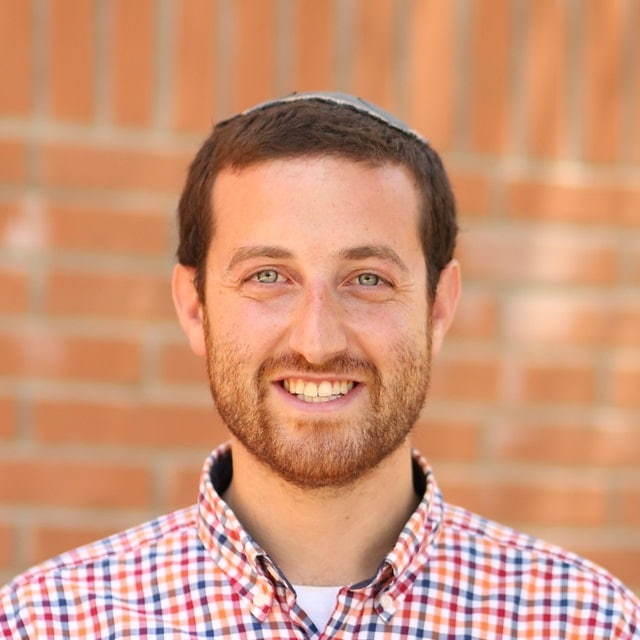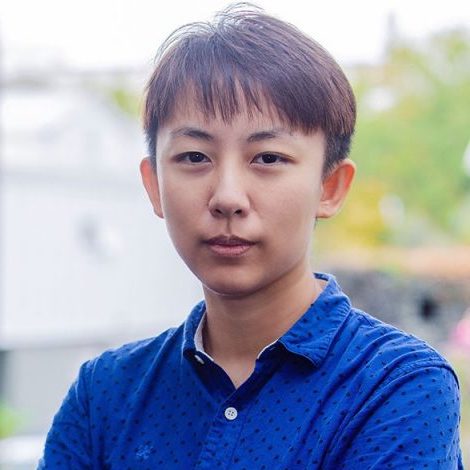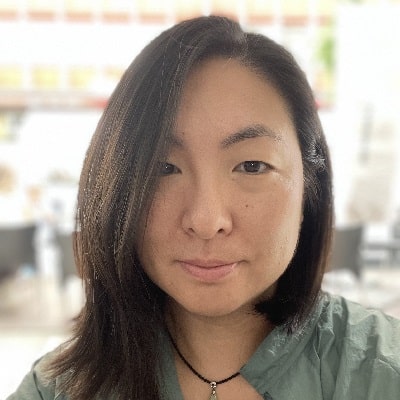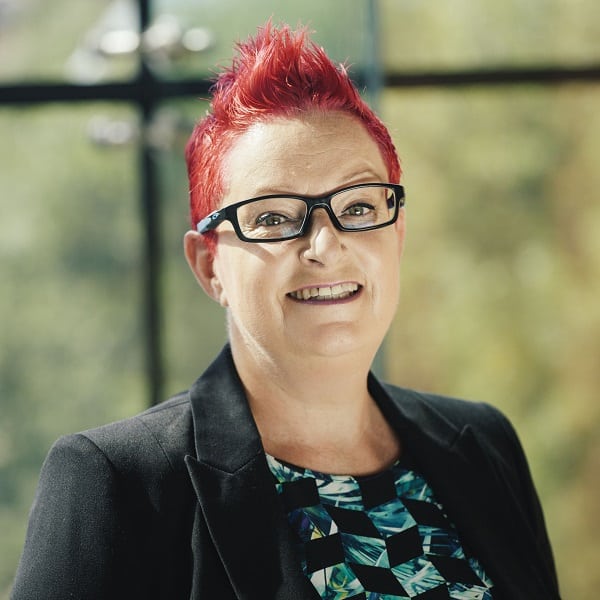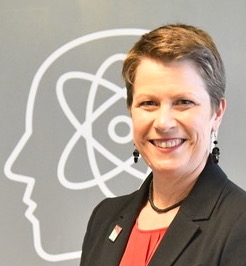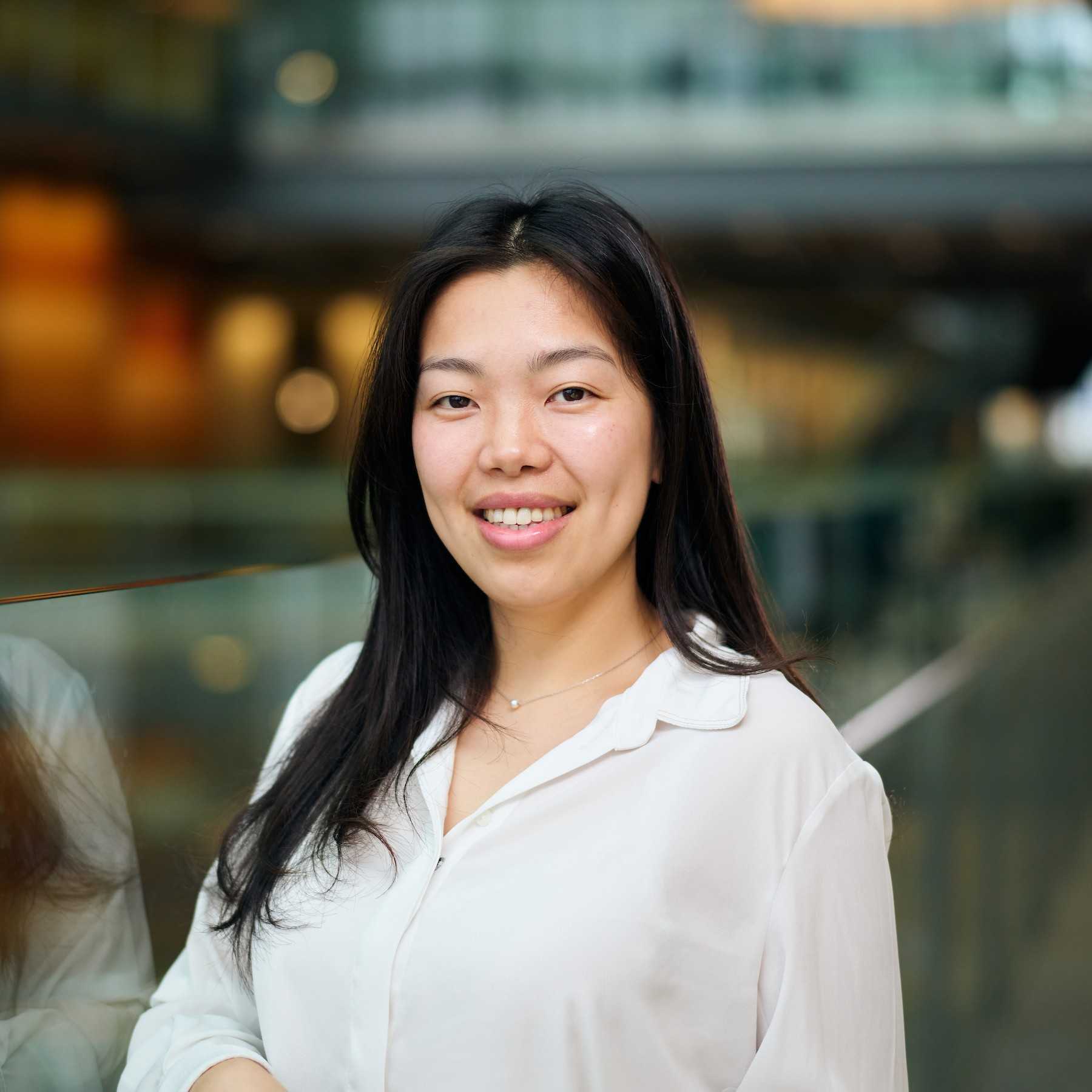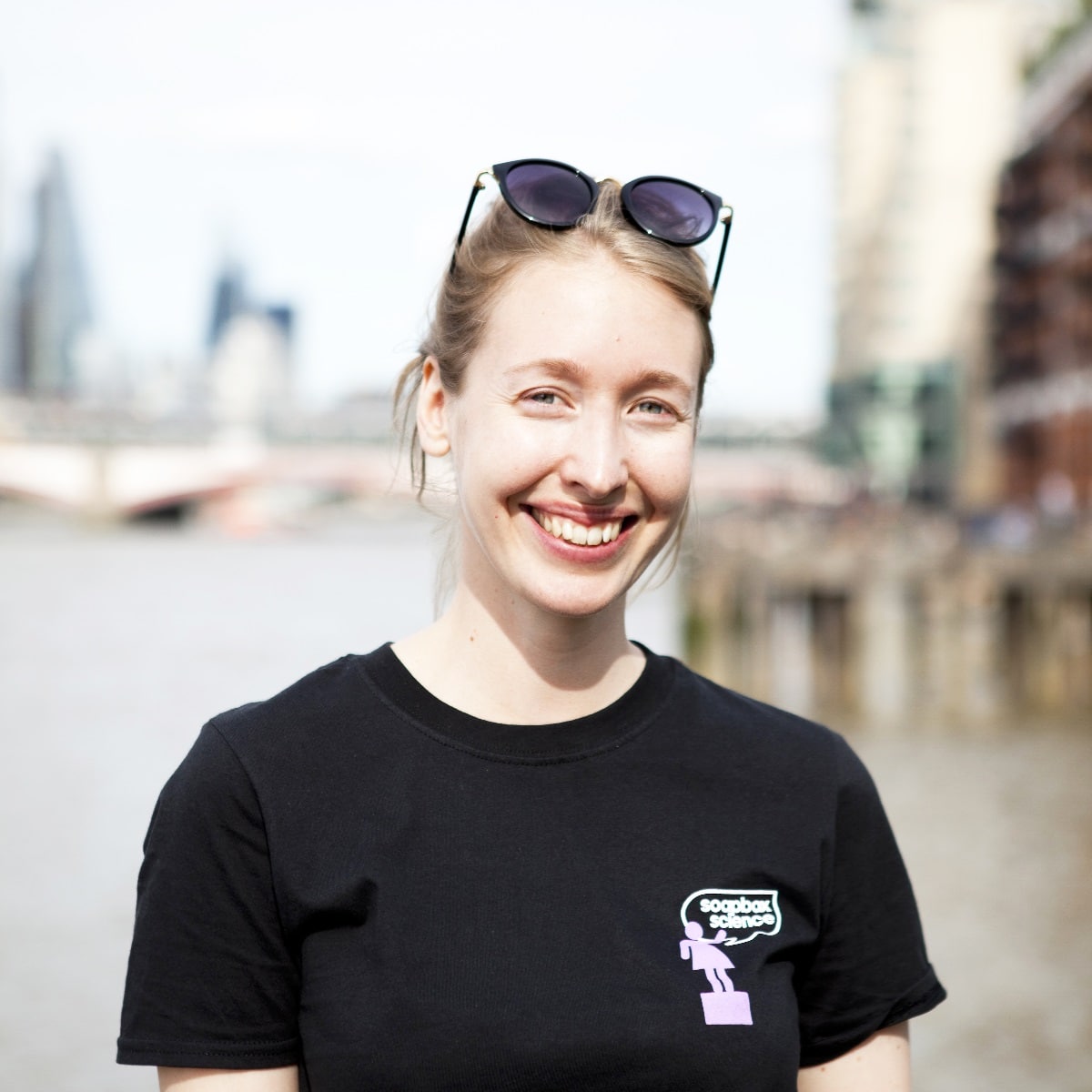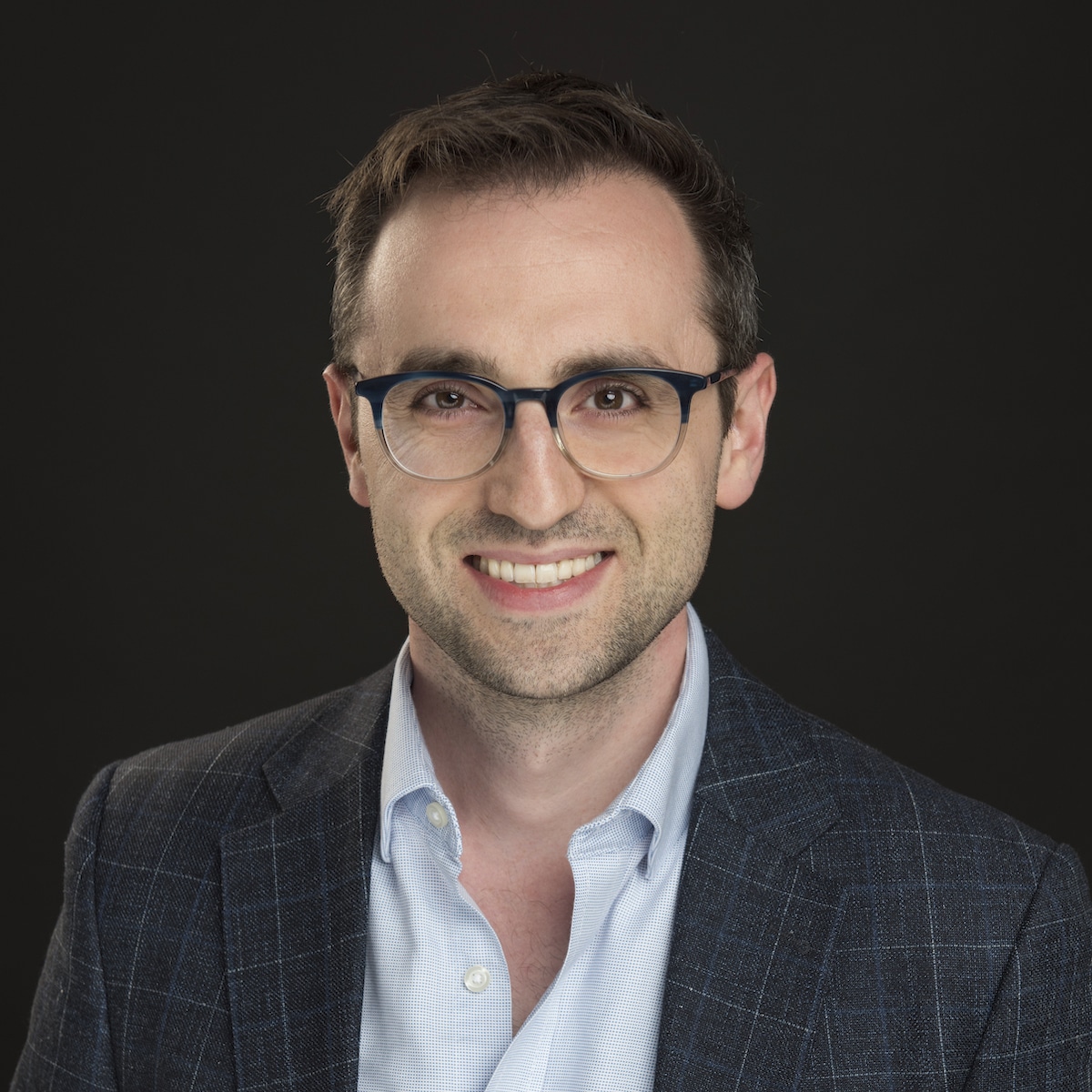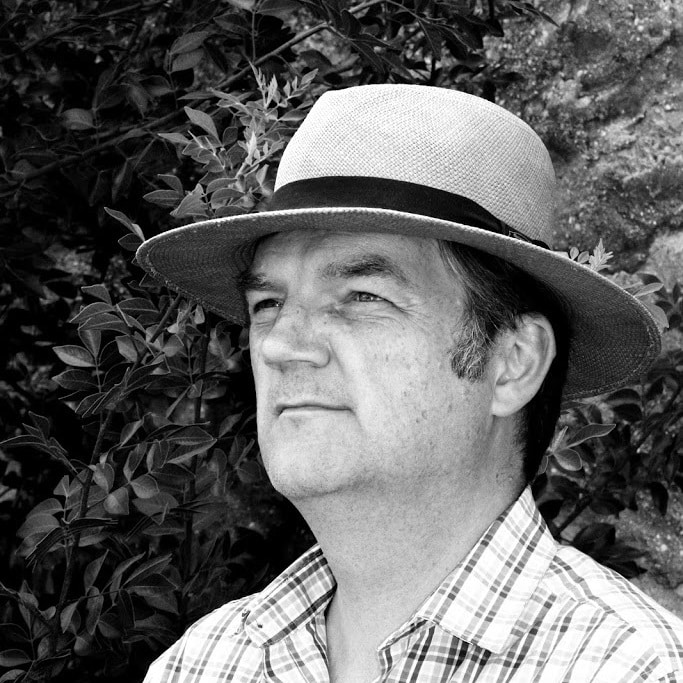Foreword by John H: I recently spoke to Dr Elisabeth Essbaumer, co-founder of ConcentrAid, an innovative new platform helping academics convert time from unproductive meetings into time spent on useful, focused work, and to meet new people in the process!
Tell us a bit about yourself and your background, and how you came to start up your own startup.
I’m an economist, I come from Germany, and I studied at the Ludwig Maximilian University of Munich. I also spent some time in Marseille, before I came to Switzerland and the University of St. Gallen (HSG) to do my PhD.
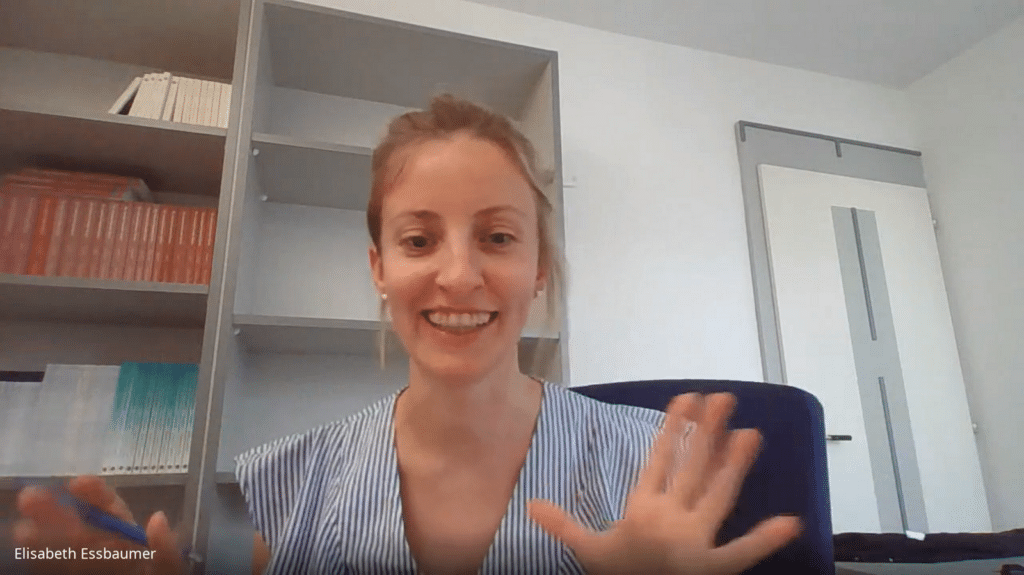
My start-up is a digital co-working platform called ConcentrAid (https://www.myconcentraid.com/). The original idea was born during lockdown when I started to work together with a colleague; it wasn’t like chatting, we’d just go online, work during the day, we had fixed sessions together, and we really enjoyed this way of working very much.
But then after the pandemic, when we had to come back to the institutes at HSG, it became very difficult to coordinate. We’d be asking each other questions such as “When are you working from home?” “Can we work together? “Oh no, one hour later would be nicer for me”… and we suddenly had a very high coordination cost for arranging those types of sessions.
So this is where the idea for ConcentrAid came from – we needed an easier way to arrange co-working sessions. We didn’t work on it immediately, but the idea never really died. So we had it in our heads still, and then came the point at which we decided we should go for it, and we started with the development last year.
So that’s an interesting point – as you alluded to, we run into various problems day-to-day, but we don’t always think “I’ll go and start a business to fix it”. Was there anything in particular that made you say “Actually, yeah this is something that we should do”?
Great question! I’d never thought about taking an idea and founding a company, but at the University of St. Gallen there are a number of start-ups, it’s strong in business, and it fosters that kind of entrepreneurship. Because of all these things, you’re more likely to meet PhD students who are already involved in a commercial/start-up project and it encourages you to think “I really believe in the idea. I also see that the technical implementation is feasible. So, why shouldn’t I do it? Why not?”. So that was it, basically!
Is it just you? Who have you got working with you at the moment, and how do you split your responsibilities?
Right now the team is the founder team, Caroline and myself. We have had a bit of support from a small student group, and a bit of technical support, but it’s mainly just us!
In terms of splitting responsibilities, I would say we try to decide things together but when we have different opinions the person with more expertise in that specific field will have the final say. For example, Caroline is coming from the business side, she’s already founded a startup and digital platform and I greatly value her expertise in that. Whereas I would say that on the technological side, I would have the final say.
What is the core problem you’re trying to solve, and who are the kinds of people you think are most likely to benefit from it?
We have one, clear, target group, and that is academia. And the problem we solve is first of all productivity, which I think in itself is a huge topic. But we also help to solve the problem of having a network among researchers.
A major advantage of working remotely is that you’re very independent, and can be very flexible, in terms of your location. even across countries. But that can also be a disadvantage in the sense that you might miss some exchange relevant to your research, some random event at your university, or some chance meeting with colleagues. Not only from people at your own university, but from researchers in similar fields worldwide, especially as conferences are also now often virtual.
With digital co-working via ConcentrAid you can still have these exchanges with other research partners, both in your particular field but also more broadly; we try to connect researchers coming from different disciplines.
This builds upon the productivity aspect, which was our original idea for the platform, where you have very focused working time and working structure that supports your productivity and focus.
We see this combination as not just important for your immediate work, but also to help broaden your network and connections for future research collaborations and employment options.
This feels especially timely at the moment, following the period of enforced remote work due to the pandemic and the fragmented approaches to returning to the office. There’s a great opportunity in this area to try and figure out better ways to work together, I can see why you find it an exciting problem to work on.
What’s your solution – how does ConcentrAid work?
We have a platform where you can book a session, and we will match you with a person who comes from a related research field, or is in your list of favorite coworkers. Once you’ve agreed a time, it’s in your calendar, someone is waiting for you and so you are less likely to postpone it.
In essence we take the obligation we all feel to not skip meetings – because of the impact on the other attendees — and use that to help you properly set aside time to get your important work done.
It’s very much about behavioral triggers and it’s also about consistency. Because I know from my own experience, when I had a hard time on a paper, I’d tend to push it away, do other things I enjoyed more first, even though of course I know that at some stage I had to deal with it. Digital co-working really helps me to stay consistent, not put things off, and it helps me to see my own progress.
That’s what we offer with ConcentrAid. We call it social accountability: the other person holds you accountable to show up and go through with what you want to do.
Who do you see as your competitors? How does what you’re doing differ?
There is a US platform for co-working in general that is offering a similar service and feel. Where we differ is on the networking and our focus on academia. Typically you have products which either focus on productivity — you have a lot of productivity apps – or networking, but none that do both for academia. And even the co-working platform I mentioned, we see as a competitor but also as the proof of concept for what we’re doing for academia.
So we’re focusing on networking, we’re focusing on academia, that’s what’s different with ConcentrAid.
How far along is your platform? What stage of development are you at?
We have a working product, a very simple matching so you can book a session where you get matched with a partner. That works very well, although of course there’s always room for improvement!
Before we handed in our thesis, we tested this with groups of students.
How did you get those initial users to give it a try?
Very much word of mouth — it was our network and the network of our network, I would say. That was our first major test group, and it also gives us a nice feedback loop for things we are working on and trying to improve.
One of the great advantages when you’re working in a university or in academia in general is that people are very open when you approach them and ask them for feedback. It’s very supportive and helpful as a community, and so we could more or less directly approach almost everyone to ask for their feedback, and they were happy to talk to us!
We also used the platform a lot ourselves – for example I was using it to finish my thesis! So we also took part in working sessions with people and could just ask them directly, as we were observing first-hand their behavior. For example, initially we had quite a few issues with the video technology for the sessions, and we saw that if the first session had problems like this, people will not come back again after it doesn’t work! So it’s important for us to make sure people have a good first impression of the platform.
Is there a particular point at which people say “aha, I get it now, I see the benefit”?
Usually I would say it takes users two sessions: the first session people are still figuring out what it is, getting used to it – it’s almost like prep for the second session. Then in the second session you see they’re much more relaxed, they know it’s not complicated, and that’s when they get a lot of work done. And so at the end of the second session, that’s when they see what they’ve achieved, and they are like “I totally get this now”!
It’s an especially strong reaction because everyone knows a situation where they’ve been procrastinating, putting off a task they don’t want to do. So to find a solution to that is really significant for them; it’s a gamechanger for how they approach their work.
I mean, I was definitely procrastinating — basically, I built this platform just to avoid working on my PhD!
That is taking procrastination to a whole new level!
Exactly! But even today — after handing in my PhD thesis, when I don’t have that same “motivation to procrastinate” anymore — I still enjoy having this working structure with the co-working time and everything. So I still keep using it, and that’s what we see in others too.
Looking to the future, what’s your business model for ConcentrAid? How do you see it working financially?
One advantage of it being a digital platform is that the scalability costs are fairly low — you have the initial development cost, you have the user acquisition cost, but the marginal costs are not that high, which is a huge advantage. So of course our model is based on that.
And we have our first paying customers!
Very nice! How did you get those first paying customers?
From our testing groups there was always a proportion who wanted to keep using it, and were happy to pay to do so. For example, PhD students in particular found it useful to help structure their day.
Interestingly not everyone uses it in the same way though — we see people who are really using it at a specific time of the day. Some would use it in the morning to start their day, others would have working first session in the afternoon to overcome the usual lull after lunch, and we had some others who would use it in the evenings to help them spend a concentrated hour of time before finishing for the day.
We also have some heavy users who really do use ConcentrAid to manage their entire home office working day! These are our super users! And I remember when the first person paid for a subscription, that was really cool, we were so happy! 😊
What would you like to achieve in the next six months to a year? Where do you want to have got to by the end of 2024?
We want to have growth, of course, but also to have a sustainable company with a strong community. That would be my personal goal.
We very much discussed the scalability to different markets, but for 2024 we are focused on continuing to create a popular, useful solution for our target audience of academia. I want to create a solution that people in academia really enjoy to work with, because it’s very close to our hearts. We can then look to expand out into other markets off the back of that success.
That’s a great point to end on – it’s very important early on as a founder to be really focused on the needs of the user, and to care about their experience. If your early users get a sense from you that you know the problems they have, because you’ve experienced them yourself, and that you really care about solving those problems in a practical way, they will become the advocates that help you continue to grow and scale, and make ConcentrAid a success!
—
To find out more about ConcentrAid, visit their website, and you can find Elisabeth on LinkedIn.
To find out more about how Digital Science supports new start-ups, take a look at our investment opportunities.

